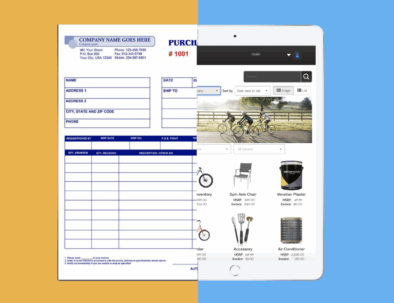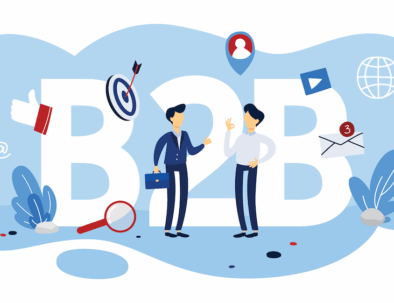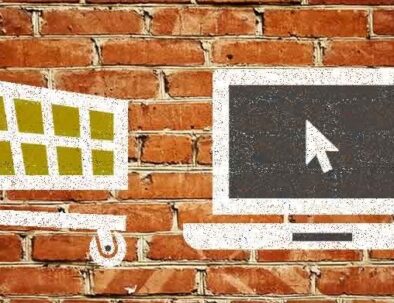Shopify is a great platform for selling direct to consumer. It’s simple, easy to use, and cookie cutter. The problem with this is that B2B selling is not cookie cutter, it requires in some cases specific rules and Shopify could be handcuffing your future growth. Like many merchants when you start you may be using the same site that you sell direct to consumer (D2C) as your B2B site. This has some serious implications for your business and limits scalability in a few ways highlighted below:
Shopify Makes Money on Shopify Payments
B2B customers often times want to buy on credit terms. Part of Shopify’s revenue model and why they charge so little is because they make money off every transaction that gets processed. Including your B2B transactions so they have very little incentive to want to move B2B customers away from this. If you are selling expensive items to wholesale customers, this itself is enough to eat you alive!
Complex Shipping Rules
Using a D2C site for B2B only allows for one type of shipping. You cannot setup bulk shipping rules that apply to consumers and wholesale customers as they are treated one in the same. Not to mention, your customers might be looking to draw upon multiple warehouses or locations to have your products shipped from and see real-time availability.
Sales Reps Required to Scale
Perhaps you have graduated to the point where you need other people on your team to support sales efforts. Often this comes in the form of sales reps. Shopify does not have the ability to include the sales reps as a role giving access to inventory, customers, and being able to place orders on behalf of your customers. This very important role as you scale is no where to be found on Shopify.
B2B Customers Don’t Want to See B2C Promotions
Every time you sell something direct to consumer, you are competing with the dealers you aim to partner with referred to as channel conflict. It irks them every time they go to your website and shop as a consumer, especially if you are not careful around messaging and promotions you may be running. Most B2B buyers are relationship driven, so if they see aggressive digital marketing tactics they may likely shy away from doing business with you. This includes all your pop-ups, adverts, re-marketing campaigns, abandoned carts, and all other tactics deployed to obtain a sale.
B2B Customers Expect a Different Experience
While there are certainly aspects of B2C ecommerce that enhance the B2B customer experience, the fundamental purpose of B2B is much different than that of B2C. The idea that B2B companies must mirror B2C experiences in their entirety is creating expensive, if not dangerous, misalignment within B2B ecommerce initiatives. To create the best B2B ecommerce experiences, we need to focus on the areas in which B2B diverges from B2C. We must build commerce engines that support the unique complexities of B2B, not try to force B2C characteristics onto a completely different process.
If not Shopify Apps, then what?
If you’ve got this far, you probably agree that a Shopify B2B App likely is no longer for you. Starting another Shopify store exclusively for wholesale is an expensive proposition doubling your app costs and managing two stores comes with its own headaches like balancing products, inventory, and orders between multiple stores or sales channels that will not be handled well. So where does this leave us?
Imagine if you had a dedicated branded B2B portal that provides account specific pricing, wholesale shipping rules, automatically imports products, descriptions, inventory, and orders from your Shopify store keeping your B2B and D2C channels in constant sync. A system that provides access to sales reps who act as a conduit between your brand a wholesale customer giving them the tools to be more successful with their accounts. Or what if you had insights as to which of your wholesale customers required sales support to complete their orders so your team focused their energy on accounts most likely to lead to a future sale?
What we are describing is ShipEarly’s B2B Commerce platform. Designed from the ground up to help you ditch Shopify Apps that are holding you back and give your best customers a better buying experience that makes it easier for them to buy and sell your products. Want to learn how you can do better? Connect with us to see if we can help scale your sales operations.





